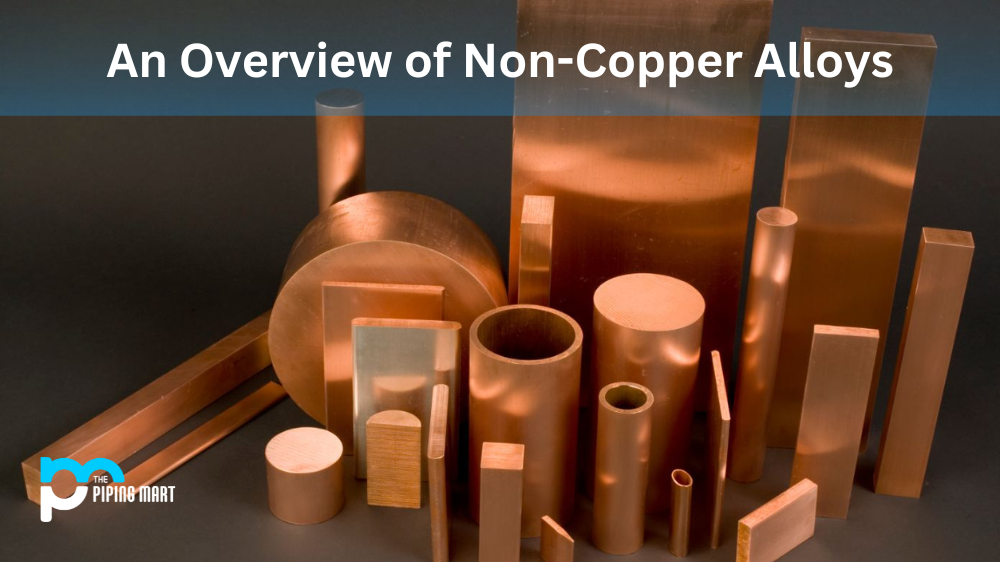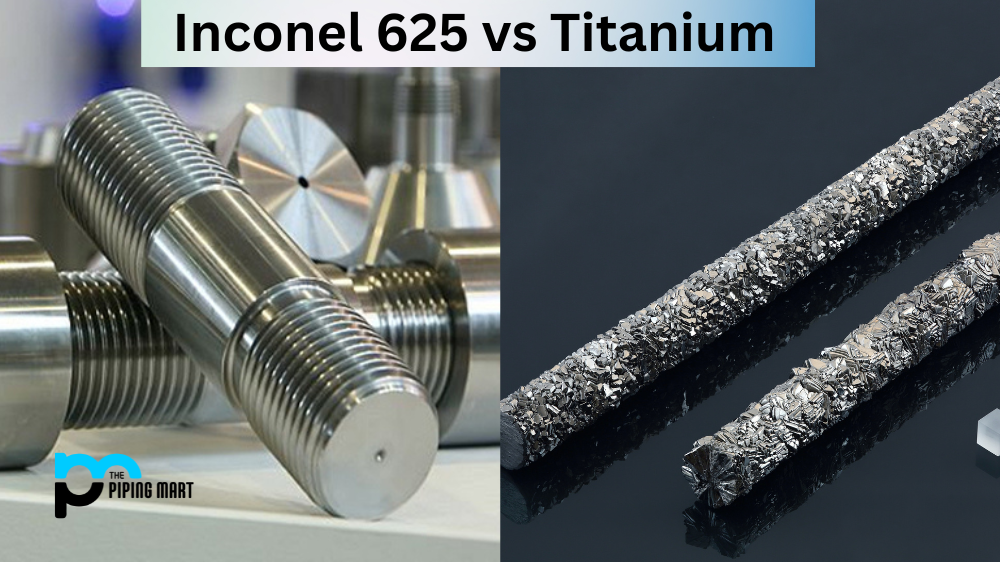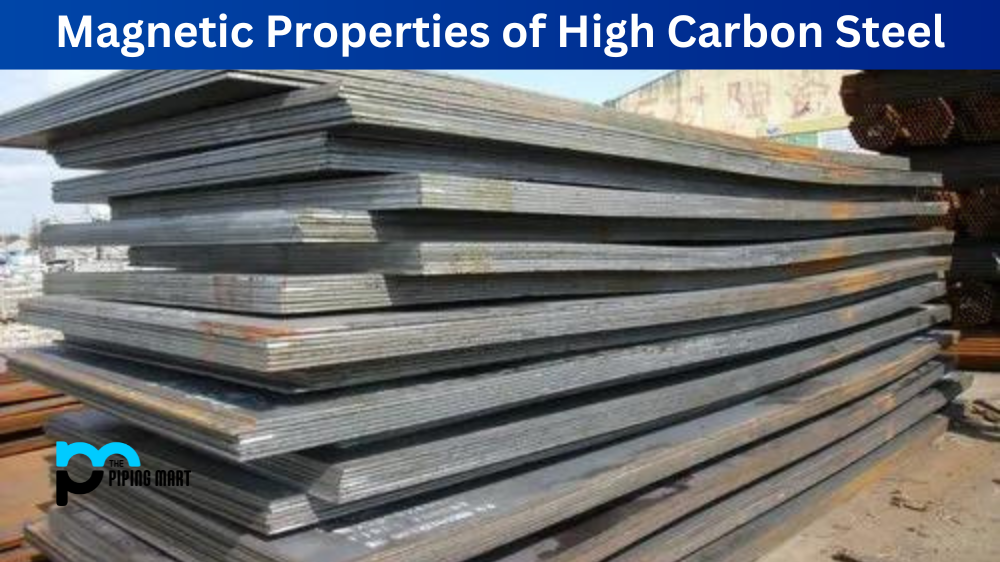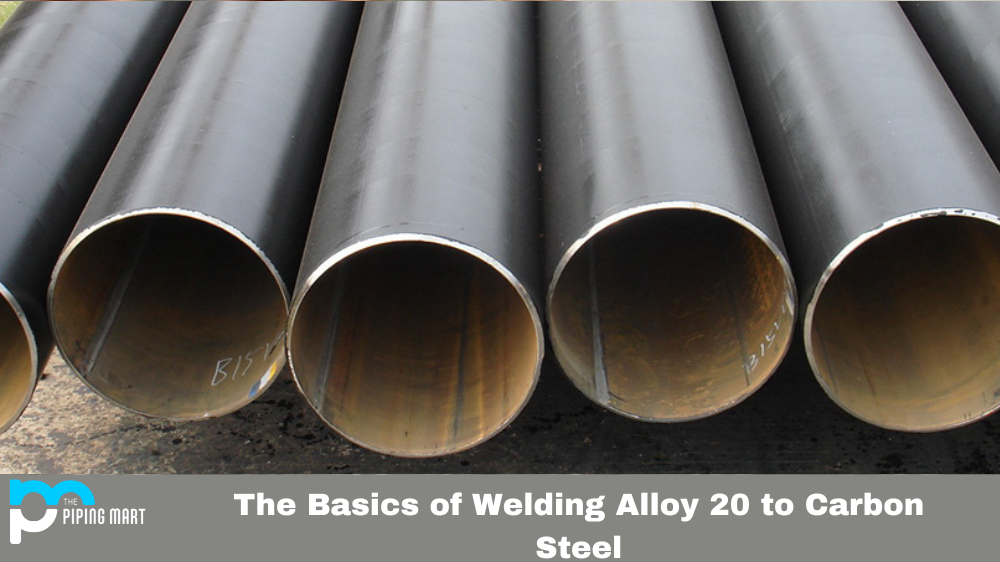Copper is a trendy and versatile metal found in many alloys. It is known for its malleability, ductility, and electrical and thermal conductivity. However, not all alloys contain copper; several types of non-copper alloys have their own unique properties and uses. Let’s look at some of the most common non-copper alloys and explore how they are used.
Aluminum Alloy
One of the most common non-copper alloys is aluminum alloy. Aluminum alloy is any metallic material composed mainly of aluminum but contains other elements such as magnesium, silicon, manganese, iron, and zinc. Aluminum alloy is strong yet lightweight, which makes it ideal for applications such as aerospace components or automotive parts that require both strength and lightness. It also has excellent corrosion resistance, making it suitable for outdoor use or in areas with high humidity.
Magnesium Alloy
Another type of non-copper alloy is magnesium alloy. Magnesium alloys are primarily magnesium but contain other elements such as aluminum, zinc, manganese, silicon, copper, titanium, and zirconium. Like aluminum alloy, they are lightweight yet strong enough to be used in various applications such as aircraft components or automotive parts where weight needs to be minimized strength yet maintained. Magnesium alloy also has good shock absorption qualities, which make it useful for sports equipment like golf clubs or tennis racquet.
Titanium Alloy
Titanium alloy is another non-copper alloy made primarily of titanium but contains other elements such as aluminum and vanadium. Titanium alloy is extremely strong yet lightweight, like the previous two examples mentioned above but has the added benefit of being highly corrosion resistant even when exposed to harsh environments like saltwater or chemicals. This makes titanium alloy perfect for marine applications such as boat hulls or deep-sea diving gear, where strength and corrosion resistance are essential requirements.
Conclusion
Non-copper alloys can be incredibly useful in various applications due to their combination of lightness and strength while still providing excellent corrosion resistance even in harsh environments like salt water or chemicals. Aluminum alloy is excellent for aerospace parts, while magnesium alloy provides good shock absorption qualities that make it ideal for sports equipment like golf clubs or tennis racquet. Titanium alloy offers superior strength with excellent corrosion resistance making it perfect for marine uses like boat hulls or deep sea diving gear. Whatever your needs may be, there’s sure to be a non-copper alloy ideally suited for the task!

Pipingmart is a B2B portal that specializes in metal, industrial and piping items. Additionally, we share the latest information and information about materials, products and various types of grades to assist businesses that are involved in this business.




